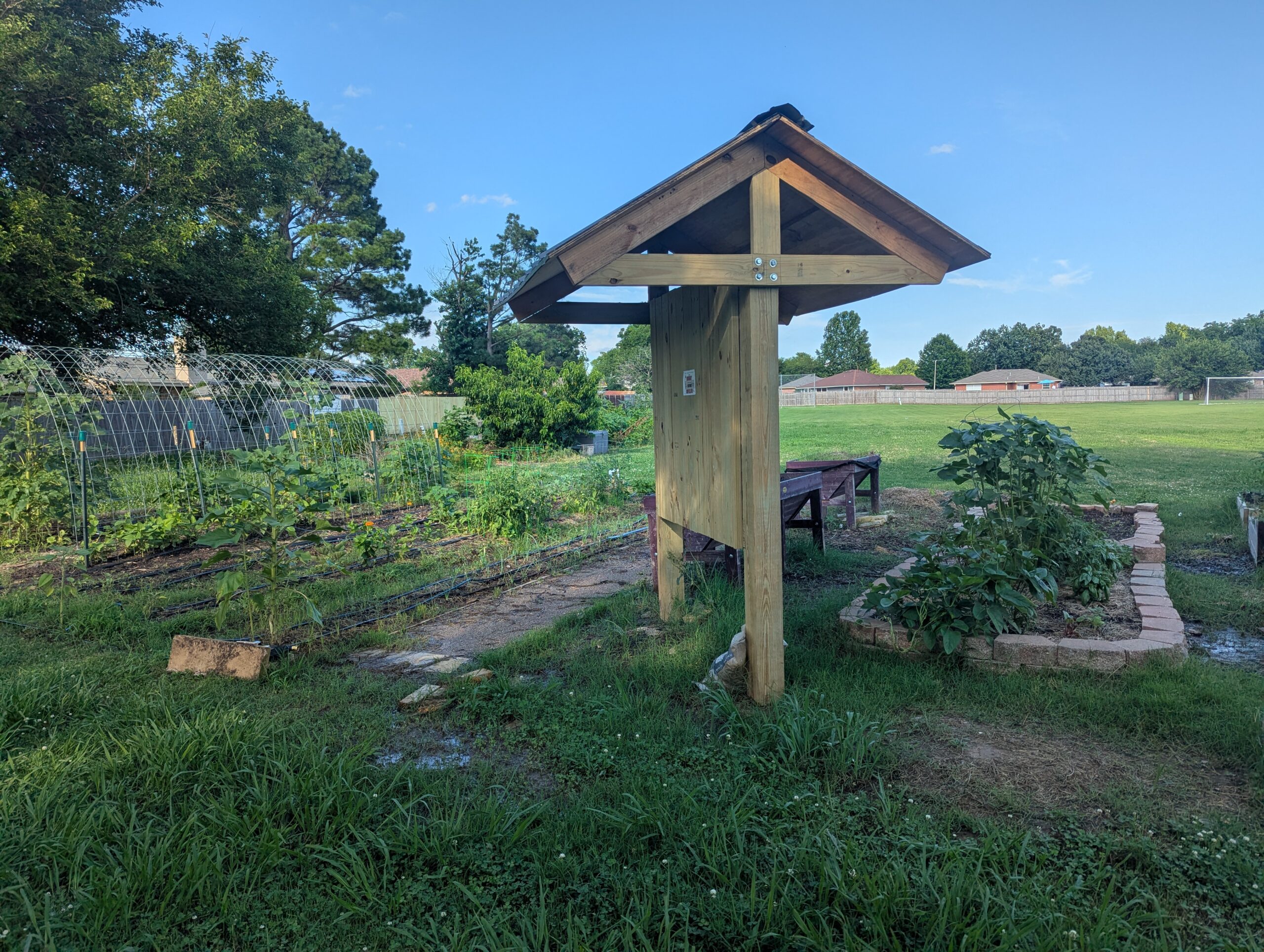How can we contribute to broader discussions in which people might benefit from history? How might our professional training as historians offer skills and habits applicable beyond the confines of highly specialized fields? As second-year doctoral students at Columbia we had the opportunity to work through these issues as part of the first History in Action Clinic Course. Along the way, we encountered a broad range of individuals who discussed their exciting career paths and insights into the potential role of historical knowledge in public life. The many professionals who shared their visions included Gaiutra Bahadur, author of Coolie Woman; Andrew Hsiao, senior editor and publisher at Verso Books; Jean-Hervé Jézéquel, a senior analyst with International Crisis Group; Navina Najat Haidar, a curator and art historian at the Metropolitan Museum of Art; Anjali Kamat, a journalist and documentarian for the Al-Jazeera series Fault Lines; and last but not least, the writer and historian Simon Schama.
Some guests shared particular, hands-on questions that related to their everyday professional practices: how does a curator build narrative when planning a museum installation? How does an editor market books? How does a producer craft a 20-minute film to describe historical processes that spanned 50 years? These issues were relevant for graduate students intrigued by these particular industries and professions, but they were also part of the semester-long discussion on the potential place of history in public life, and on how the narrative techniques from the historical discipline might (or might not) immediately “translate” in different professional environments.
One of the most challenging exercises we had to face involved writing a book proposal. Though many of us aspired to write proposals for books that might appeal to a broader public, some of us (ok, the authors of this post) failed to move beyond the disciplinary conventions of academic history because of our tendency to use dense, theoretical writing. We learned that we had to step out of our academic comfort zones, address the broader significance of our work, and let go of some of the theoretical apparatuses and “insider language” that tended to constrain our potential audience. Another set of exercises challenged us to integrate literary conventions and historical research. This too pushed us to reconsider the default legitimacy of our learned conventions and consider the potential obstacles they pose to public history. For those of us unaccustomed to writing outside of these habits, employing more imagistic language and literary devices was difficult. Yet although we can’t claim any remarkable triumphs in either case, these exercises helped us to consider both the practical and theoretical implications of writing beyond the linguistic and cognitive framework of higher education.
An important issue that reappeared throughout the semester was the need to reconceptualize “the public.” Academic historians often exclude “the public” altogether via their own linguistic and publishing conventions; yet as our guests shared, museum professionals, TV producers, and editors sometimes end up committing ridiculous acts in the name of “the public” when they try to imagine historical work in terms of popularity, marketing, and Internet virality. Elitism takes many forms, and in the clinic course, we came to criticize both attempts to exclude the public via disciplinary conventions and this sort of sensationalism. Our guests brought us to an important realization: when it comes to the public, there are no simple answers—only continuous negotiation, experiment, and dialogue.
This post first appeared on AHA Today.
Alma Igra is a second-year doctoral student at Columbia University in the global and international history track. Her current work focuses on nutrition and food policies of the League of Nations.
Luca Provenzano is a second-year doctoral student at Columbia. Luca specializes in modern western Europe; his current work assesses democratic state formation after 1945 and the institutions of riot policing. In the past, he has focused on the history of democratic contestation and 20th-century social theory.
This work is licensed under a Creative Commons Attribution-NonCommercial-NoDerivatives 4.0 International License. Attribution must provide author name, article title, Perspectives on History, date of publication, and a link to this page. This license applies only to the article, not to text or images used here by permission.


